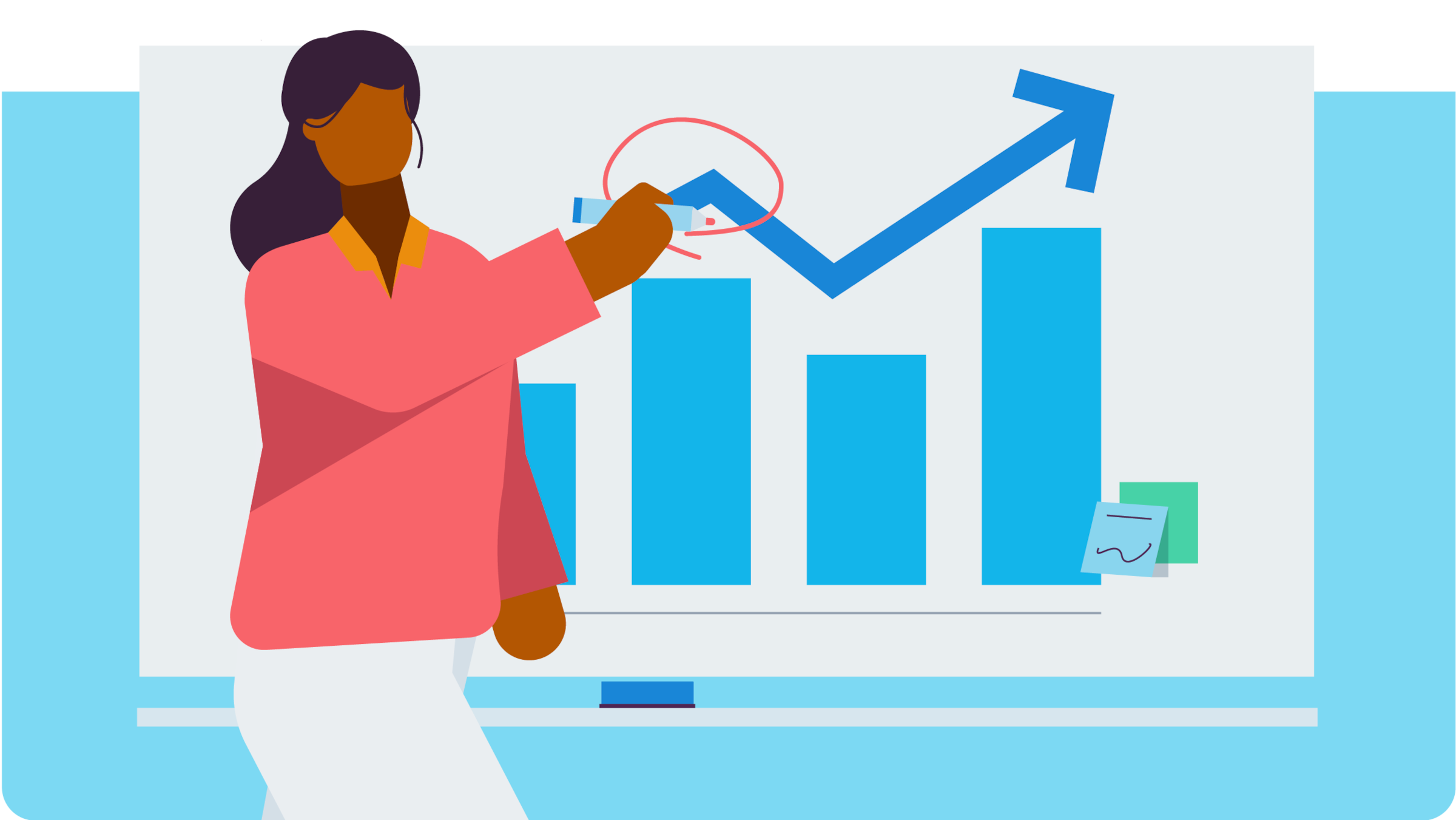Self-employment tax thresholds
Learn about income tax and thresholds for self-employment tax, along with how to pay self-employment tax.

What taxes do self-employed people pay?
If you’re self-employed, you pay income tax on your trading profits, not your total income. To work out your trading profits, you deduct your qualifying business expenses from your income.
What is the threshold for self-employment tax?
You only pay income tax once your trading profits are over a certain amount, known as the Personal Allowance.
How much can self-employed people earn before paying tax?
The standard Personal Allowance for the 2024/25 tax year is £12,570. You only pay income tax on profits above this.
It’s important to bear in mind that if you have income from employment over £12,570, your Personal Allowance will be used against that. This means you will have to pay tax on anything you earn above and beyond this figure, including if it’s income from self-employment.
How much tax do self-employed people pay for the 2024/25 tax year?
How much self-employed income tax you pay depends on how much of your income falls within each tax bracket:
You won’t pay income tax on profits up to £12,570.
On profits in the next self-employment tax bracket of £12,571 to £50,270 you will pay the basic rate of 20%.
A higher tax rate of 40% applies to profits from £50,271 to £125,140.
On any profits above £125,140 you’ll pay 45%.
Please note that these thresholds are different for Scottish taxpayers. You can find out more about Scottish income tax and Personal Allowance rates here.
When do I have to register as self-employed?
This depends on how much you earn. The government allows you to earn up to £1,000 a year in trading income without registering as self-employed or paying any tax. So if you have a small side business that doesn’t bring in much income, you may not need to pay tax on it.
Once your self-employed income goes over £1,000 in a tax year you will need to tell HMRC that you are self-employed, complete an annual self assessment tax return and pay income tax on your profits.
Disclaimer
Xero does not provide accounting, tax, business or legal advice. This guide has been provided for information purposes only. You should consult your own professional advisors for advice directly relating to your business or before taking action in relation to any of the content provided.
The ultimate guide to self-employed tax
Our expert guide tells you everything you need to know about paying tax to HMRC when you’re self-employed, including tackling MTD for IT
Let Xero help you stay compliant with MTD
Use MTD-compatible software like Xero to keep digital records and submit returns. Try free for 30-days.
- Safe and secure
- Cancel any time
- 24/7 online support